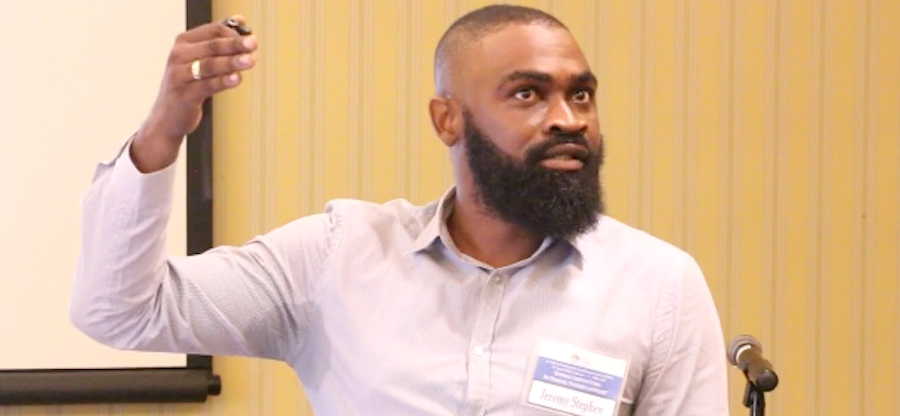A lot of Barbados’ economic recovery after the COVID-19 pandemic will depend heavily on financial institutions and how soon construction projects can get started, says economist Jeremy Stephen.
Giving an assessment of the macroeconomic situation facing the country and his outlook for the economy, which is forecasted to decline by just over seven per cent this year, Stephen said he expected unemployment levels to remain high “for some time” and full economic recovery to be slow.
“I don’t see us recovering fully for another two to three years just because of how tourism will be impacted and how long it takes to shift bread and butter industries in the Caribbean particularly. I really don’t see it happening to be honest,” said Stephen.
He told Barbados TODAY that growth in the job market and the economy would depend on whether commercial banks had the financial capacity to extend the three-month moratorium currently in place and if new loans are taken out.
The banking and finance lecturer explained that commercial banks could choose not to extend the current three-month moratorium on loans or worst case scenario, lift the moratorium if their profitability starts to be grossly affected, and this could impact average borrowers and savers in a way that may not necessarily be 100 per cent fitting in the current environment.
Advising individuals who are still able to meet their loan obligations to do so, Stephen said banks could be left with the choice of either charging more interest on loans after the pandemic in order to recover losses, or lift the moratorium on credit card debt only, while maintaining it on mortgages, which were easier to recover.
“The point I am making is that the level of unemployment really depends on if the banks could afford to extend moratorium or not. It literally comes down to them at this point . . . For me it is the financial institutions that can determine the unemployment rate in this country at the macro level,” he said.
Stephen noted that while some of the stalled construction projects could “kickstart” the Barbadian economy, this would also depend on the role the financial institutions were willing to play in relation to projects to which funds had not yet been allocated.
“If the financial institutions are trying to recover from their position or trying to consolidate, at best if there is a construction project that is funded from outside money and government intervention, we probably can recover half of that seven per cent loss within a year’s time,” he said.
While agreeing that this year’s economic growth would suffer due to the large unemployment associated with the pandemic, Stephen said with the start of at least one major construction project and assuming that the majority of people would resume their jobs, he believed Barbados could recover “a major part” of its gross domestic product.
“Let us say you assume unemployment is going to be only around 15 per cent, then you could recover 3.5 per cent of that seven per cent that has been lost simply by having Hyatt started,” he said.
“It is relatively easy to recapture that seven per cent once the banks are willing to play ball. If the banks are going to consolidate their position, in other words, not extend any further moratorium or if they plan on raising interest rates on the loan side to recover from the hit they are taking on now, then you could expect that we can’t recapture any of that seven per cent anytime soon,” he explained.
According to the UWI lecturer, it was therefore a matter of how soon the pandemic would end and how soon the construction projects could then get started.
However, recalling the near three-year slump in tourism globally following the 9/11 incident, Stephen said he expected it would take some time for a lot of investment in the tourism-related projects to be recouped since people were not expected to be travelling in droves any time soon.
“That is going to impact travel severely long-term and business travel, for instance, might be very difficult to come by going forward since people may opt to use teleconferencing instead of showing up somewhere,” he said.
marlonmadden@barbadostoday.bb




